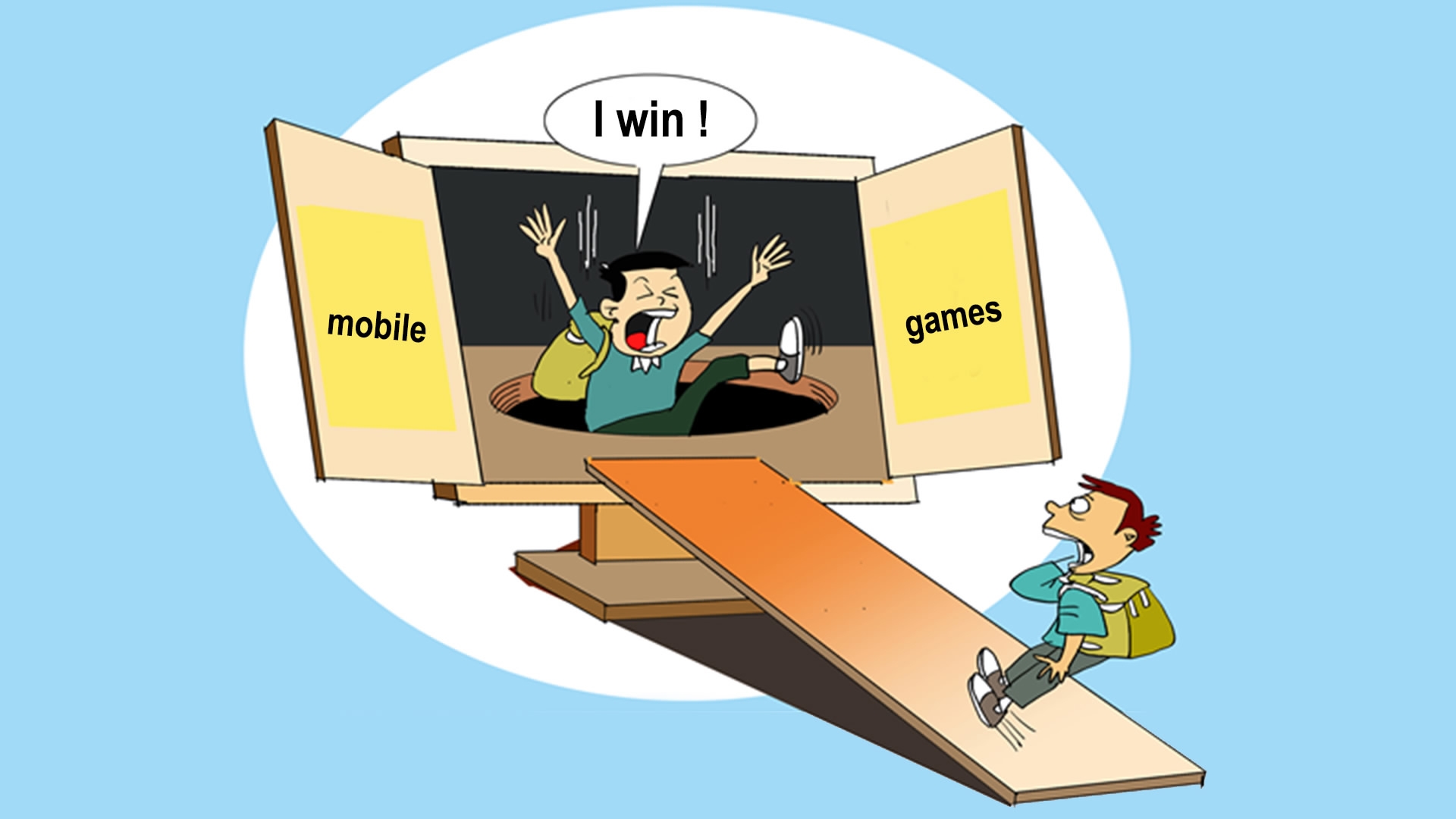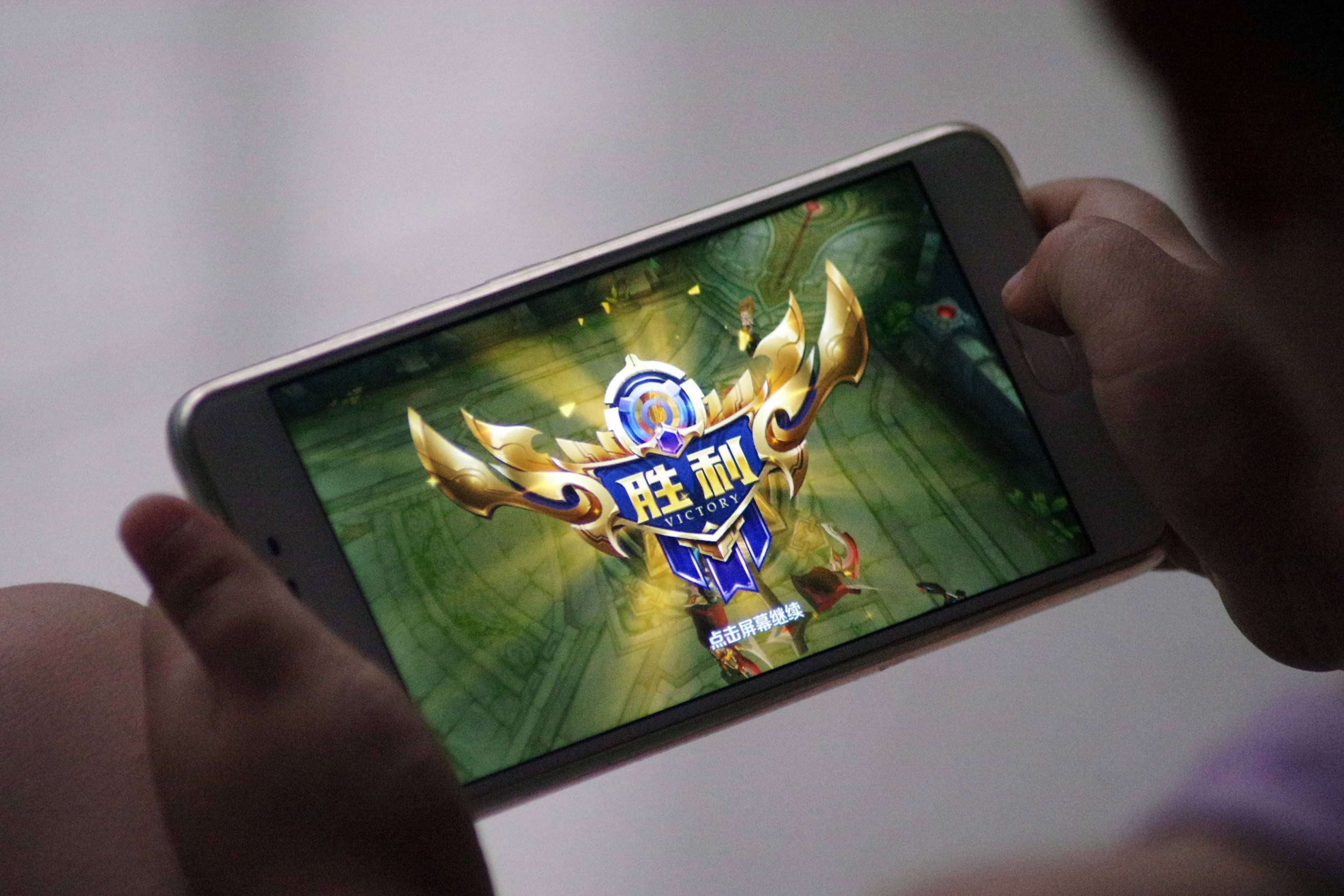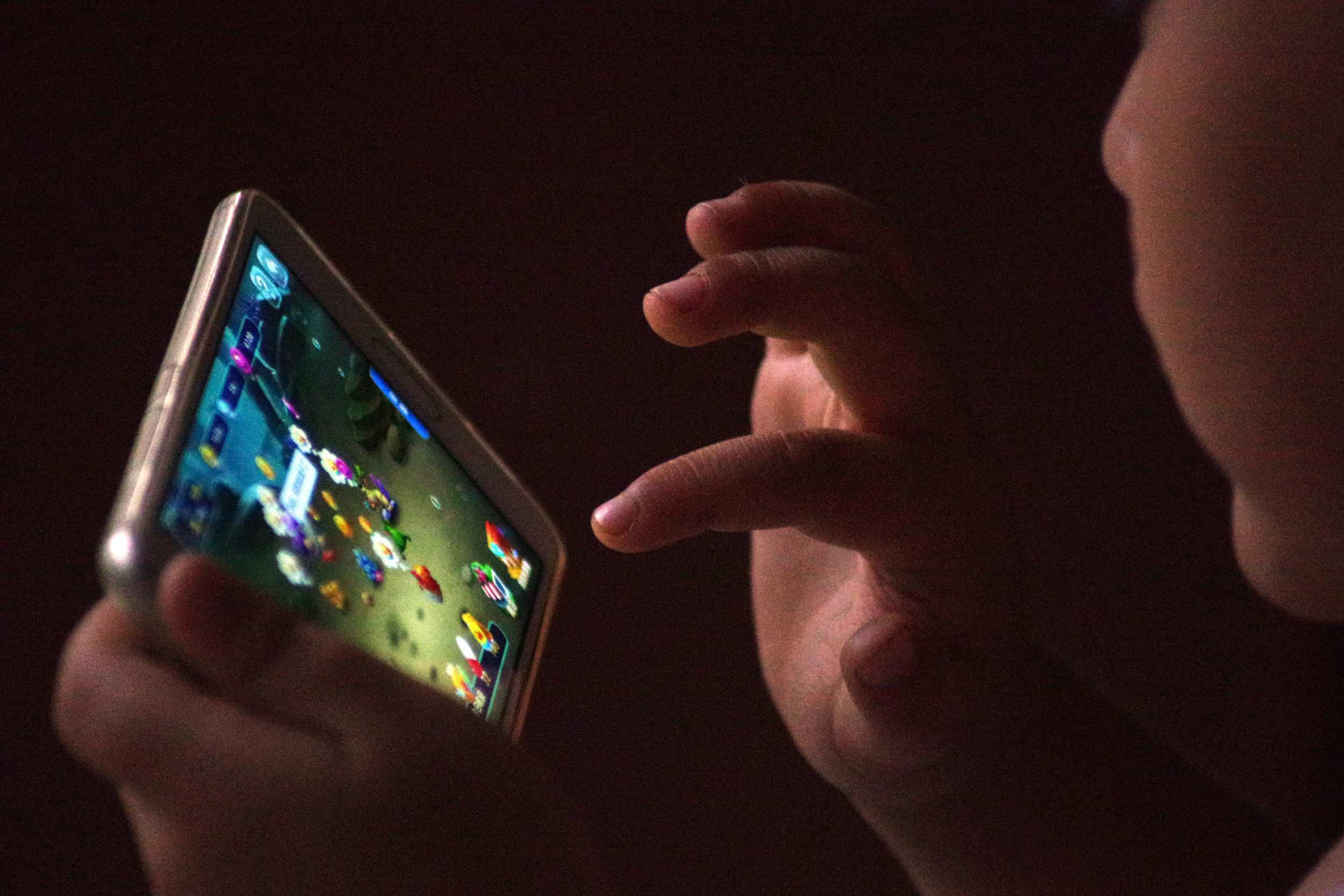
China
14:53, 10-Jul-2017
Children’s virtual shopping sprees cause concern for parents

By CGTN’s Yang Jinghao
Teng Songlan, a single mother of an 11-year-old boy in Huaihua, Hunan Province, was confused when she received a credit card bill for about 10,000 yuan (1,500 US dollars) in November 2016. It detailed a list of online deals that she had no memory of.
“I was angry and shocked. In the beginning, I thought the information of my credit card had been maliciously stolen,” the woman told CGTN.
Later, she learnt from the bank that the money was paid on mobile games, and her young son finally admitted his “wrongdoing”.
“I saw the equipment was powerful with special skills, and so I couldn’t help buying them, just as my schoolmates did,” said the fifth-grade boy. He added that the game he played doesn’t require a registration and he just logged in with his mother’s Wechat account.
Teng acknowledge her carelessness in supervising her son, but claimed that there are obvious loopholes in such games, as they can be easily accessed and the virtual products on sale are ridiculously expensive.
“A gun there cost about 1,000 yuan (150 US dollars). Isn’t this a kind of fraud?” she said.

Honor of Kings, one of the most popular mobile games in China, has issued new measures to limit minors' playing time amid controversy. /CFP Photo
Honor of Kings, one of the most popular mobile games in China, has issued new measures to limit minors' playing time amid controversy. /CFP Photo
The number of adolescents addicted to mobile games in China has soared in recent years. Now the popularity has triggered heated public debate, amid concerns that such games don’t just affect children negatively, but also weigh on families economically.
Teng’s son told the reporter that almost half of his schoolmates are engaged in different games on smartphones, and since the game developers would constantly update the “weapons”, characters and “skins”, players have to pay accordingly to sustain their competitiveness.
Actually, such controversial consumption by minors as Teng’s family has experienced is not a single case. Han Ying, a lawyer in Hunan’s capital city of Changsha, has received over 100 similar cases since February. In some individual cases, the amount of money even reached more than 100,000 yuan (15,000 US dollars), a heavy price to pay for most families.
A regulation that took effect on May 1 says game operators should try to limit minors' playing time and set a consumption cap for them. Another rule of this kind set in 2010 stipulates that companies involved in virtual currency deals are not allowed to provide services to minors.
Many parents are now trying to get refunds from game operators, but this is easier said than done.

Honor of Kings, one of the most popular mobile games in China, has issued new measures to limit minors' playing time amid controversy. /CFP Photo
Honor of Kings, one of the most popular mobile games in China, has issued new measures to limit minors' playing time amid controversy. /CFP Photo
“Even if you successfully contact with the company, they would ask you to prove that it’s your children not other adults that made the deals. That greatly impeded their efforts,” said Han.
Together with some parents and people working in the media, Han has established an “alliance” against such “frauds”. She also stressed the role of parents in preventing such cases from reoccurring.
Teng said she doesn’t expect to recoup her losses, but she hopes that authorities can further strengthen their supervision of game companies in the future.
Amid mounting controversy, China’s Internet giant Tencent has taken some new measures on its popular game “Honor of Kings.” Starting July 4, people under 12 can only play this game for one hour per day, and minors over 12 can play for just two hours. But the new regulations don’t address the consumption issue.
Han said only with joint efforts from game operators, regulators and parents, can the negative impact of mobile games on children be minimized.

SITEMAP
Copyright © 2018 CGTN. Beijing ICP prepared NO.16065310-3
Copyright © 2018 CGTN. Beijing ICP prepared NO.16065310-3